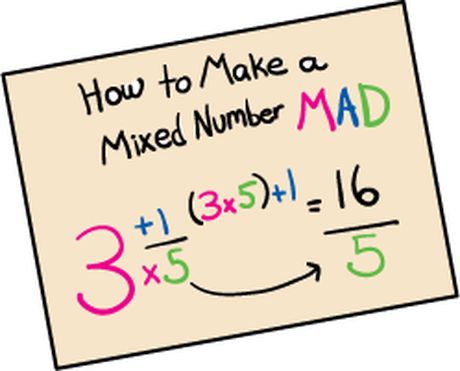Monday 8th June 2020, Elm Class learning
Good morning Elm Class, welcome back to Monday, hope you had a wonderful weekend, despite the weather!
Spellings: This week, we will be looking at words ending ‘ion’ and ‘ian. These endings could be spelt ‘tion’, sion, ssion or cian. Here are the rules for when to use each at the end of a word:
Clues about whether to put t, s, ss or c before these suffixes often come from the last letter or letters of the root word. –tion is the most common spelling. It is used if the root word ends in t or te.
–ssion is used if the root word ends in ss or –mit.
–sion is used if the root word ends in d or se.
Exceptions: attend – attention, intend – intention.
–cian is used if the root word ends in c or cs.
Your task today: Can you create your own list of words which end in tion, sion, ssion and cian?
Arithmetic: This week, we will be revisiting adding and subtracting fractions with different denominators. We have done this plenty of times before, so this is just revision. If you have forgotten how to do this follow these steps:
1. If the fraction is a mixed number, convert it into an improper fraction first (See the MAD instructions attached to the post).
2. If the fractions have a different denominator (the bottom number of the fraction), you need to find a common multiple of each number of the fractions so they both have the same denominator.
For example: 3/9 + 2/18, I could multiply 3/9 by two so the new fraction would be 6/18 (Remember, if you multiply a fraction to change the denominator, you must remember to multiply the top and the bottom of the fraction).
3. When the denominators are the same, you can add or subtract the fractions, so 6/18 + 2/18 = 8/18
I have attached a video to this post on how to do this, if you need more of an explanation. https://www.youtube.com/watch?v=mO53rHEIQr4
Can you have a go at these?
1) 5/9 + 6/7=
2) 2/3 + 4/9=
3) 5/7 + 3/21 =
4) 1 3/4 + 3/4=
5) 1 3/8 + 3/4=
Grammar: This week, we are going to look at different sentence types. These are the different types you will find:
Statements – Statements are sentences which tell you something. They end with a full stop.
Questions – Questions are sentences that ask you something. They usually end with a question mark.
Commands – Commands are sentences that tell you to do something. They are often urgent or angry and can be very short.
Exclamations – Exclamations are sentences that begin with ‘what’ or ‘how’. They are full sentences, include a verb and end with an exclamation mark.
Below are a list of sentences, can you decide which sentence type they are?
1. Is it cold outside?
2. How kind of him to do that!
3. Climb up that tree.
4. “What a nice young man!” shouted Anne.
5. It is great fun going to the park.
6. A puppy will grow up to be a dog.
7. Should you really eat 7 chocolate bars?
8. Get down from the roof!
English: Today I would like you to read up to Chapter 4 of Holes. You can find the PDF at the top of the page. Can you make a mind map of everything that you have found out so far in the story?
Maths: Welcome to investigations week in Maths! The key to unlocking a secure understanding in Maths, is to understand the patterns behind it. Investigations are a great way to explore and discover these patterns, without the pressure of always getting the right answer. Below you will find some investigations to apply your Mathematical knowledge to and become a Maths detective! Can you find some of the solutions to the investigations below? Can you suggest why these solutions may work? Can you make predictions on other solutions that may work based on your Mathematical knowledge? Remember, an investigation is not just about a right answer, it’s about exploring, trying new strategies and looking at Maths from a different perspective! Enjoy being a Maths investigator! To find out more, see Miss Brown’s post all about Mathematical investigations and how they help you to develop your skills as a Mathematician!
Today our investigation is called ‘Magic crosses!’ See the attachment below, can you find all of the possibilities?
You can also view the investigation on line with the link here:
Topic: Continuing with our theme of the human body, today we are going to be looking at the five main senses: sight, smell, touch, taste and sound.
Can you have a go at one of the suggested activities below?
• Write a leaflet about the 5 main senses. Find out which organs are involved with each and include a detailed description of how they work.
• Design a poster for a specific audience about the 5 main senses.
• Design an experiment to test one of the senses. E.g. If you blindfold someone and then get them to taste different things, can they tell you what they are?
• Investigate the other senses which we have. Why do people think we only have 5? Who came up with this theory?
• How would life be different without these senses?
• If you had to give up a sense, which would you give up and why?
I look forward to seeing some of the wonderful work you have done and your creativity!
Stay safe,
Miss Coates.





